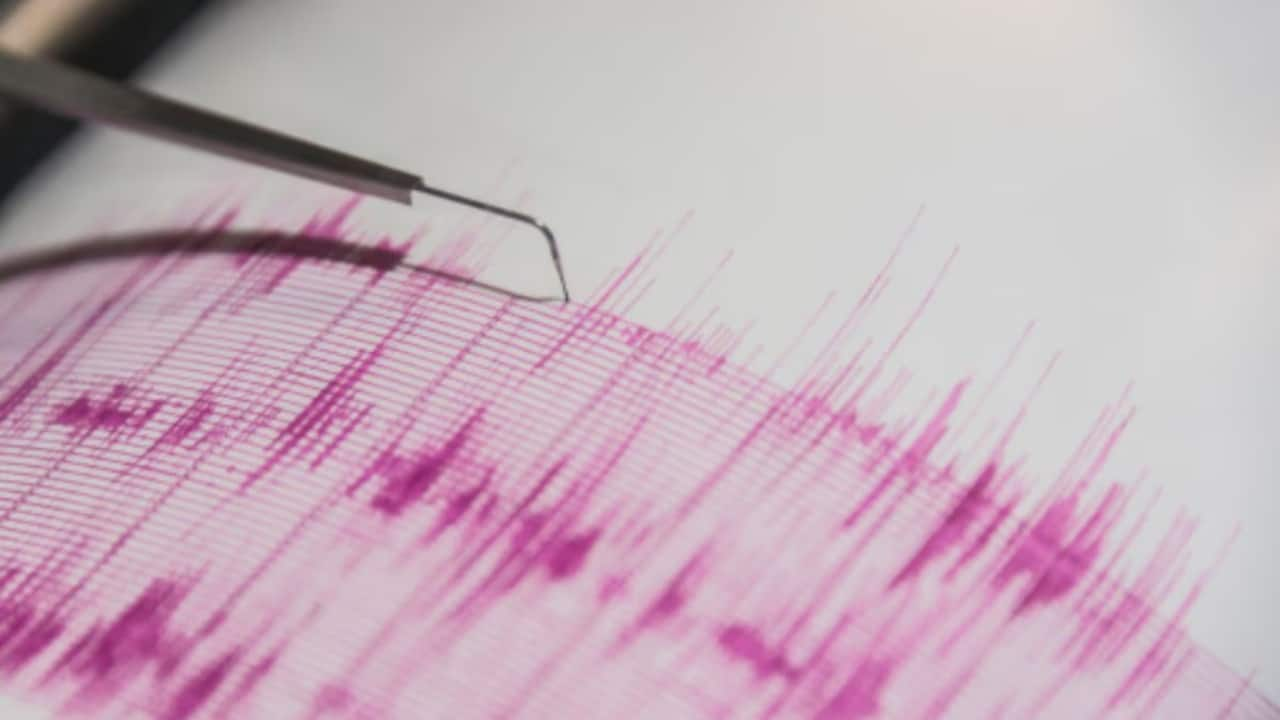It's happened over the last two decades and will happen again this year: ERC will split again to elect its president in Barcelona. If there's a federation prone to internal battles and disputes, it's the one in the Catalan capital. They've already revealed their true colors.
On one side, Eva Baró, the current president of the Barcelona federation, who has the support of Oriol Junqueras, and on the other, Creu Camacho, president of ERC in the Eixample district and who represents critics of the current leadership. Whether or not ERC joins Jaume Collboni's government will determine the campaign. Barón proposes and Camacho, to revive the referendum that was suspended in June of last year.

In general, internal disputes in Barcelona have been going on for a long time: sectors have been formed and undone, leaders have switched sides, and often the battles have not responded to national logic. However, in general, they have all shared a common denominator: Barcelona's autonomy. Or, to put it another way, if , the federation acted as a countervailing power to the national leadership.
.
ERC's eternal battle: Who should rule Barcelona?

It's happened over the last two decades and will happen again this year: ERC will split again to elect its president in Barcelona. If there's a federation prone to internal battles and disputes, it's the one in the Catalan capital. They've already revealed their true colors. The two candidates who will compete at the congress on April 26On one side, Eva Baró, the current president of the Barcelona federation, who has the support of Oriol Junqueras, and on the other, Creu Camacho, president of ERC in the Eixample district and who represents critics of the current leadership. Whether or not ERC joins Jaume Collboni's government will determine the campaign. Barón proposes an imminent assembly to address it and Camacho, to revive the referendum that was suspended in June of last year. In general, internal disputes in Barcelona have been going on for a long time: sectors have been formed and undone, leaders have switched sides, and often the battles have not responded to national logic. However, in general, they have all shared a common denominator: Barcelona's autonomy. Or, to put it another way, if de facto, the federation acted as a countervailing power to the national leadership.















